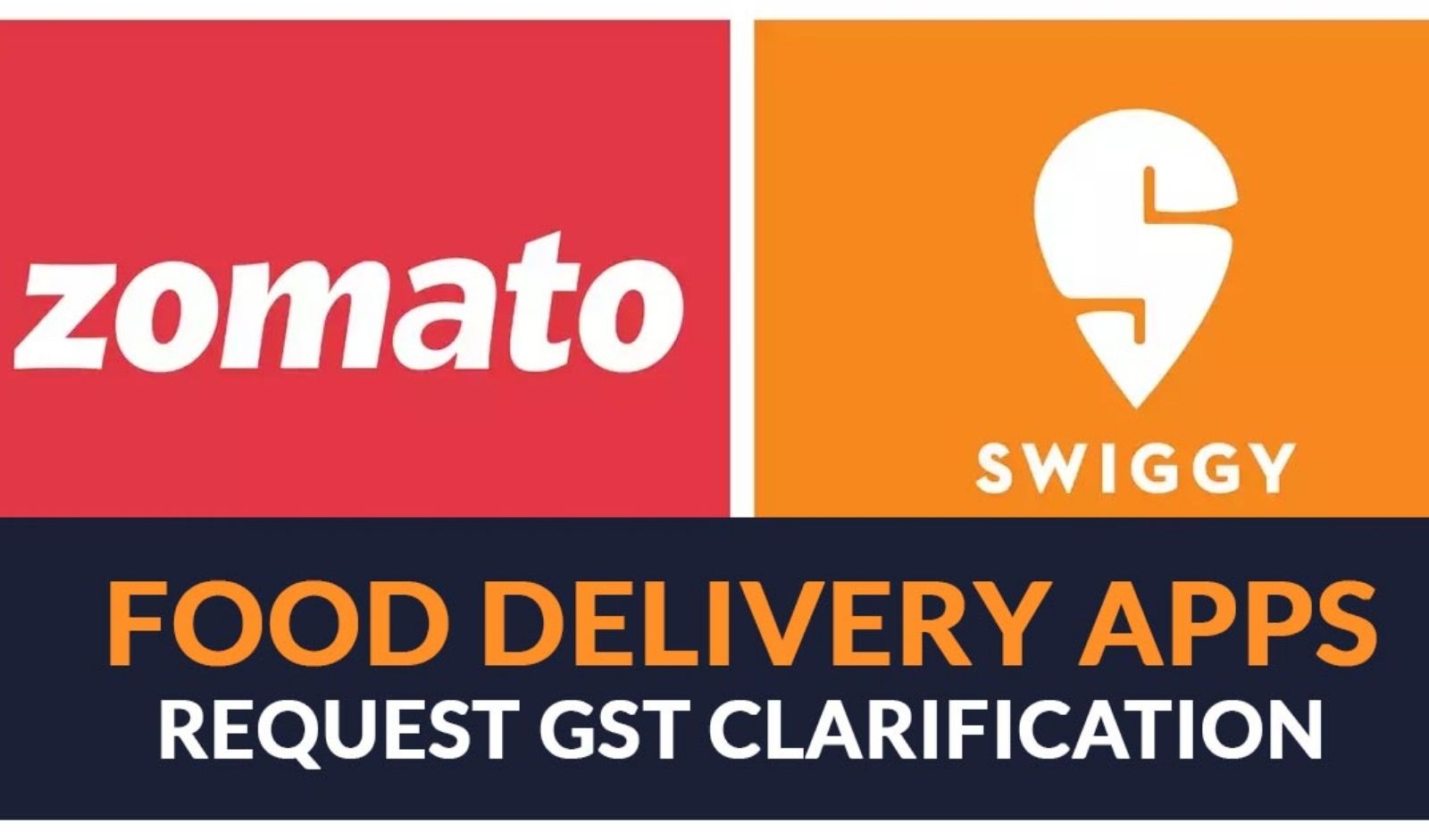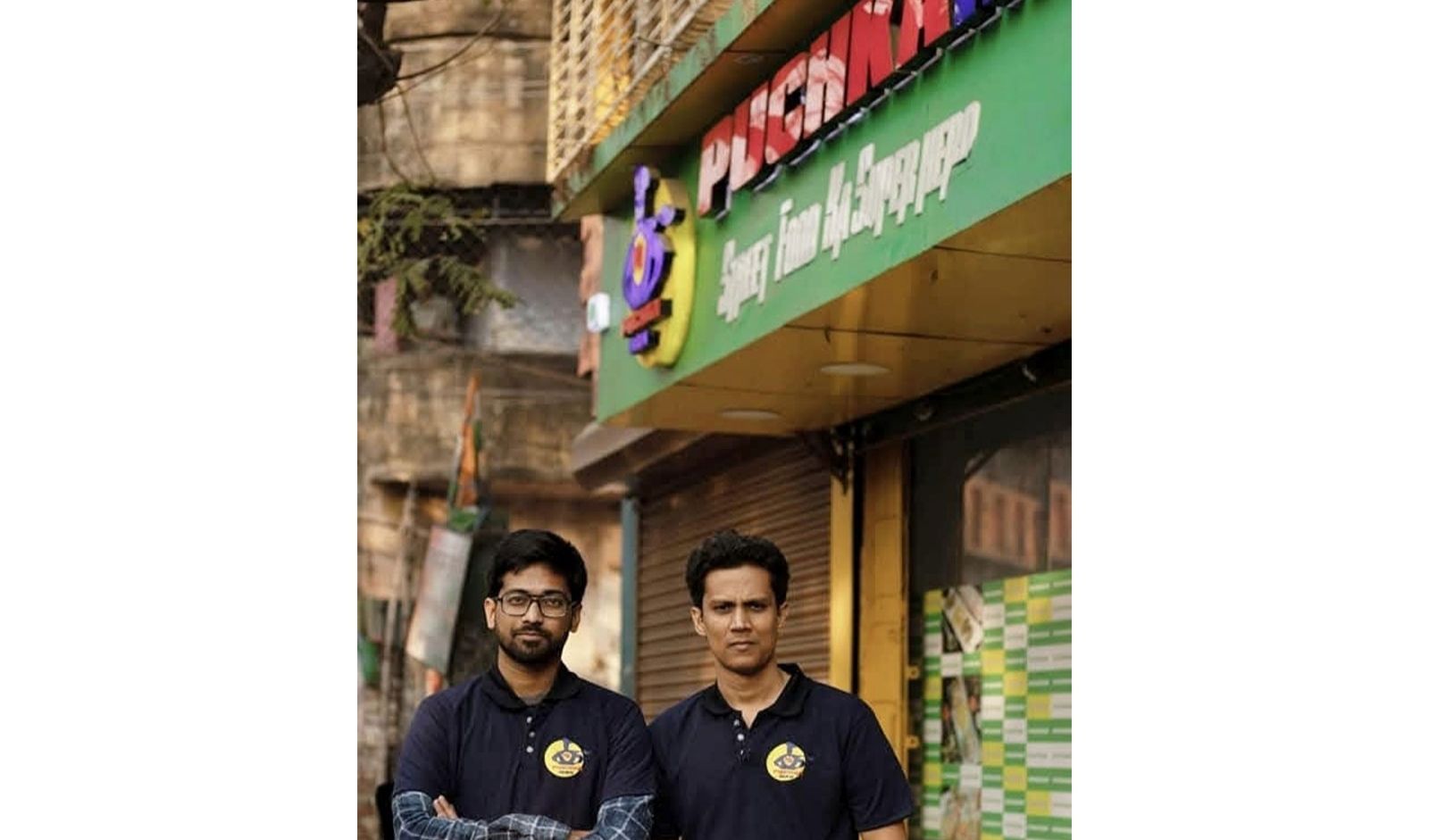
Food delivery platforms Zomato and Swiggy are set to face an additional annual goods and services tax (GST) liability of Rs 180–200 crore each after the GST Council clarified that online marketplaces must pay 18 percent tax on behalf of delivery workers.
Executives from both companies indicated that the tax will be transferred, at least partly, to delivery workers, which could reduce their earnings in the short term. There are also discussions around introducing a levy on consumers. “This will be partly passed on to delivery workers and will likely reduce their earnings in the immediate term. But there is also a plan under consideration to charge a levy to consumers,” said a senior executive at Zomato. A Swiggy executive confirmed a similar strategy.
The clarification settles a long-standing debate between platforms and the government over whether aggregators are liable to remit tax on delivery fees. Delivery services fall under the service category and attract 18 percent GST. The government has maintained that since platforms levy a delivery service fee, they must take responsibility for the tax.
This decision follows previous disputes. In December 2024, Zomato received a notice demanding Rs 803 crore in unpaid tax, including penalty and interest, for the 2019–2022 period. Swiggy was also issued a pre-demand notice. It remains unclear how the Council’s clarification will impact these past cases.
Industry analysts see the move as a challenge for the sector. Brokerage Jefferies said the tax would be a “slight negative” for both firms, while Morgan Stanley noted that companies should eventually be able to transfer the additional burden to consumers.
The development comes at a time when growth has already slowed. Both firms have reported under 20 percent year-on-year growth in food delivery gross order value in recent quarters. For April–June, Zomato posted an operating profit of Rs 451 crore, while Swiggy’s food delivery business earned Rs 192 crore.
The issue is rooted in Section 9(5) of the Central GST Act, which requires digital platforms in sectors such as food delivery, ride-hailing, and e-commerce to collect and remit taxes on behalf of service providers. Since January 1, 2022, Zomato and Swiggy have already been required to collect and remit GST for restaurants. However, rules around delivery fees had not been clearly defined until now.
Platforms have previously argued that delivery fees collected from customers are passed directly to gig workers, and in many cases, platforms cover the gap between discounted customer fees and fixed partner payouts to support growth. The Council’s clarification places final responsibility with the platforms, aligning food delivery with other aggregator-driven services like ride-hailing and e-commerce.
Copyright © 2009 - 2026 Restaurant India.








